-

Counterinsurgency on the Reservation: A return to Standing Rock Part 2
Thanks to a generous grant from the Fund for Investigative Journalism, Curtis Waltman was able to return to the Dakotas as part of his ongoing project on the impact of police militarization. Here’s a short travelogue of what he heard, saw, and did.
-

Using public records to explore an AI religion, Wall Street’s secretive work for states, and a parking ticket near you
“Follow the money” is great on paper but can often feel tedious in real life, but this week there were a number of great examples showing how following a paper trail, whether documents regarding the incorporation of a religion or a parking ticket database, can lead to interesting stories.
-

In the ‘70s, the U.S. Government thought almost everything was Soviet mind control
A 1972 report from the Defense Intelligence Agency and the U.S. Army explored the numerous ways the U.S. Government believed the Soviet Union could attack or influence small groups of people through unconventional means. Some of these included telepathy being used to infiltrate dreams, while other scenarios focused on slightly more realistic possibilities - like Soviet spy planes being used to blind or hypnotize Americans.
-

Counterinsurgency on the Reservation: A return to Standing Rock Part 1
Thanks to a generous grant from the Fund for Investigative Journalism, Curtis Waltman was able to return to the Dakotas as part of his ongoing project on the impact of police militarization. Here’s a short travelogue of what he heard, saw, and did.
-

Five times CIA read Playboy for the articles
Playboy magazine was founded just a few years after Central Intelligence Agency, and together, those two institutions left their mark on the 20th century, for better and for much, much worse. To mark Hugh Hefner’s passing, we dug up those times those two overlapped in the Agency’s declassified archives.
-

Join MuckRock Canada in helping fix the broken access to information system
Today is International Right to Know Day, a date when groups around the world celebrate the importance of freedom of information to both democracy and good governance. Yet there is little to celebrate in Canada.
-

Despite a state law, Monroe, New York hasn’t tested all of its rape kits
Our request with Monroe, New York showed that, despite a new state law requiring all rape kits be tested within ten days, the police department currently has three kits that haven’t been sent to a lab for processing.
-

“Don’t commit crimes,” and other highlights from Boston Police’s personnel manual
While in the process of asking police departments around the nation about their policies on off-duty officers, we received Boston Police Department’s Rule 102 - ”The Conduct and General Rights and Responsibilities of Department Personnel,” which contains all the rules and regulations that a BPD officer must live by. Apparently, naps were an issue.
-

FBI investigated Gonzo godfather Warren Hinckle over IRA ties
After decades as a West Coast leftist, Ramparts editor Warren Hinckle finally landed a place in the FBI’s files after his magazine ran a pro-IRA ad and credited a Michigan Senator for its creation.
-

Nixon study resulted in CIA creating a database of intelligence leaks
In August of 1971, the White House directed the Central Intelligence Agency to conduct a “crash study of intelligence leaks” that had appeared in the press since the beginning of the Nixon Administration on January 20, 1969. That study resulted in a new proposal - an Agency created and maintained database of past and present leaks to help track their damage and identify the leakers. While ultimately successful, the creation of the database raised some unexpected questions for CIA, such as who should be responsible for it, what counted as a leak, and did the Agency care?
-

Homeland Security appears to prioritize cracking down on Antifa over Fascists
Based on a release from Homeland Security’s Northern California Regional Intelligence Center, law enforcement appear to prioritize cracking down on Antifa, rather than white supremacists or other Fascist groups.
-

FBI reported that Juggalos were “holding their own” in gang war with MS-13
Earlier this month, Insane Clown Posse fans marched on Washington D.C. to protest the FBI’s 2011 designation of Juggalos as a “loosely-organized hybrid gang.” However, Bureau files show that ICP first came on the FBI’s radar three years earlier, when the Bureau threat assessment of the annual Gathering of the Juggalos included allegations that the Family was engaged in a full-on turf war with MS-13.
-

How KGB cowboys and a fictional plot against Reagan helped the CIA’s war on oversight
For years, accusations of KGB penetration of the Government Accountability Office helped further the Central Intelligence Agency’s ‘s efforts to pit the Congressional committees against GAO. In the early 1980s, an opportunity presented itself that would deepen these divides without any action from CIA - a conspiracy against President Reagan involving a Soviet diplomat with a penchant for ten gallon hats.
-

CIA World Tour: What has the Agency done in your country?
Building off of the diligent research done by others and incorporating the contents of the recently-released CREST database, MuckRock - with your help - is building a global map of Central Intelligence Agency activities, sourcing materials from CIA’s own records.
-
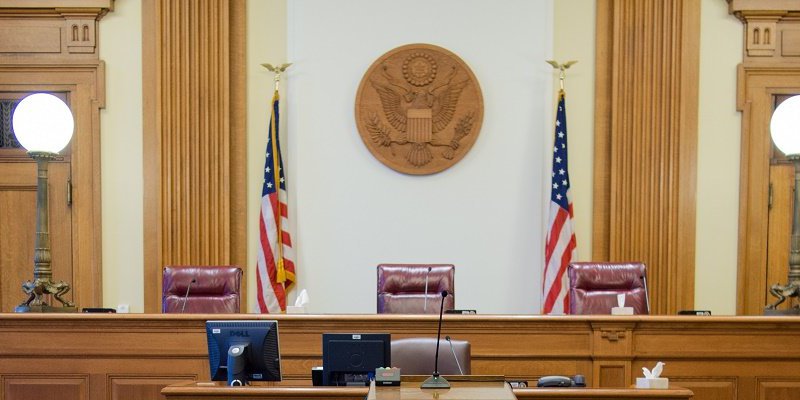
How a records request helped overturn a murder conviction
This week there have been some great examples of the impact public records requests can have, including how a three-year fight for records ended up overturning a murder conviction, while another long-running transparency effort is leading to reforms in civil asset forfeiture in Illinois.
-
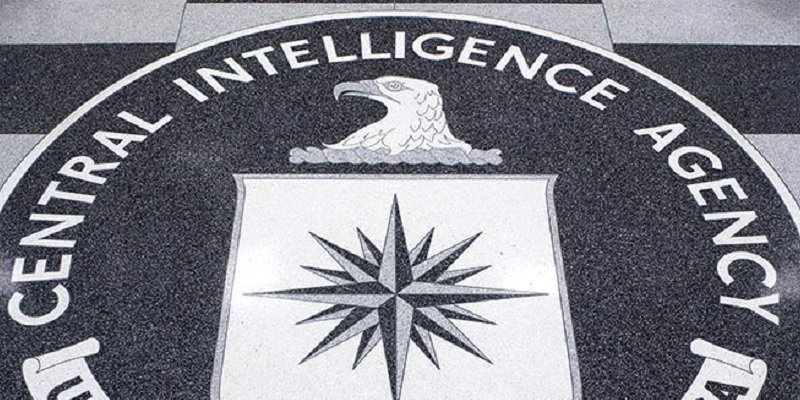
FOIA FAQ: The ultimate guide to searching CIA’s declassified archives
This guide will tell you everything you need to know to dive into CIA’s CREST archive and start searching like a pro.
-

CIA’s 60 year war with the Government Accountability Office: the conclusion
Since 1949, for 68 of Central Intelligence Agency’s 70 years, the Agency has waged a war against the Government Accountability Office and what CIA described as its “army of auditors.” Not until 2010 was Congress ready to grant GAO that authority, though the provision was dropped under threat of a veto from President Obama. The end result is a hard line that meant the Agency would almost certainly refuse to cooperate at all with any probe that they felt was oversight related. This interactive timeline offers a blow-by-blow of the last seven decades, explaining how and why things got to where they are today.
-
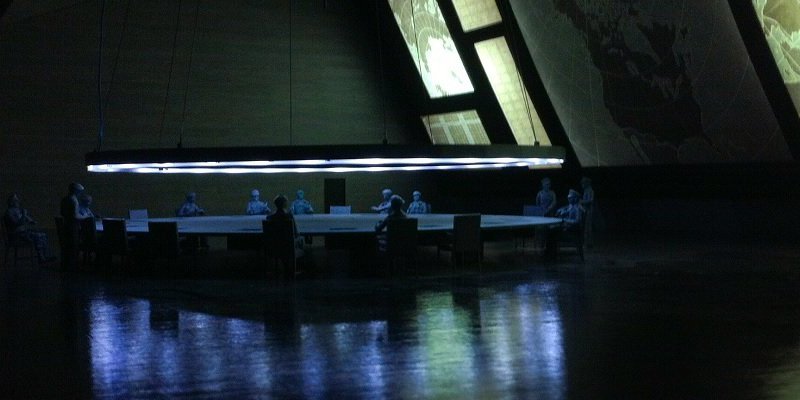
Don’t call it the Deep State: CIA archive reveals existence of secret network of ex-spies
A document in Central Intelligence Agency’s archive points to the existence of an unofficial “Common Interest Network” of retired intelligence officers. The network, also known as CIN - “as in living-in-sin” according to one of its founders - exists to coordinate the efforts of different organizations. Described as “an unofficial Intelligence Community,” it doesn’t exist except as an abstract, with no chairman, no agenda, and “not even the formality of a rotating host list.” Yet it exists, meeting to discuss influencing Congress and the press, to successfully attack the Freedom of Information Act, and to coordinate the efforts of the organizations that make up the Common Interest Network.
-

Exploring trends in the CIA’s CREST database
When the Central Intelligence Agency released its CREST database online, it created a historical treasure trove of 13 million pages, more than any one researcher is likely to ever comb through. Fortunately, we’re able to have a computer do that for you, following various trends in what the Agency is paying attention to in a given year.
-

It took the Secret Service two years to answer a basic question about the Presidential election
As part of MuckRock’s coverage of all things presidential leading up to the 2016 presidential election, Matthew Guariglia sent a FOIA request to learn the identities of the “one additional member” of the advisory committee who had to decide whether or not to grant Herman Cain Secret Service protection. Two years and two mostly-redacted documents later, we have an answer. Sort of.
-
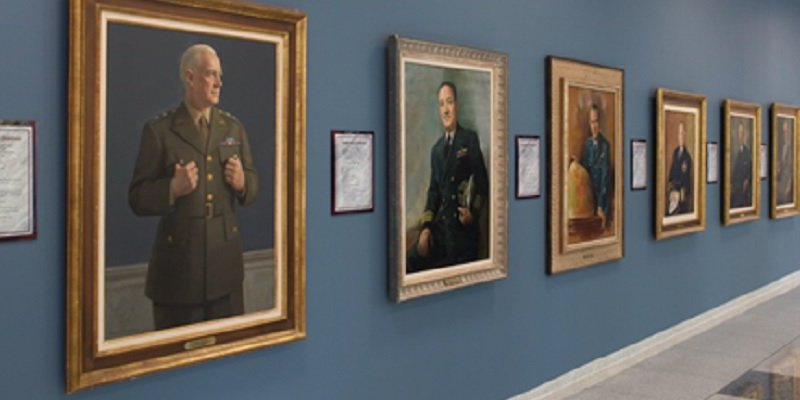
Help build a comprehensive timeline of CIA’s history
For 70 years, the Central Intelligence Agency has been working on learning about and challenging threats to the United States - both imagined and real. Keeping track of all of its masked maneuvers can be a bit tricky, which is why MuckRock has begun an ongoing chronology of the Agency’s life. Join us in compiling primary sources on the Agency’s long and winding ways, and help inform others about the breadth and depth of our lead intelligence organization’s part in world affairs.
-

Five times CIA hid awful programs in boring names
Take it from the Central Intelligence Agency - if you want to get away with murder, just say you’re committing a “potentially involuntary redistribution of consciousness.” Here are five times the Agency used jargon to get away with the jarring.
-
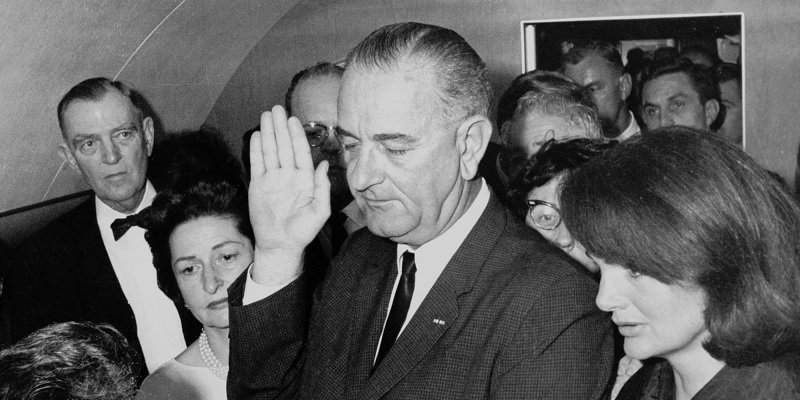
Explore the CIA’s Diary Notes from the year JFK was shot
We’ve begun putting the day-to-day diary entries of the Central Intelligence Agency’s Executive Committee in chronological order, starting with 1963: the year John F. Kennedy was assassinated in Dallas.
-

Breitbart News’ FBI file details how site accidentally DDoS’d itself … but withholds over a thousand pages
On January 17, 2016, the alt-right news site Breitbart found itself under siege: A number of IP addresses were sending a large amount of traffic its way, straining its servers. Writing to the FBI two days later with the subject line “Request for assistance,” someone (identity redacted) shared the source of the IP addresses and asked that the FBI “explore the possibility that the identity of the criminal … be identified from this fingerprint.” It turns out, it was an inside job.
-

The alphabet of CIA gadgets
The Central Intelligence Agency’s bag of tricks is a veritable a-to-z of dubious doodads. Here’s 26 of the strangest.